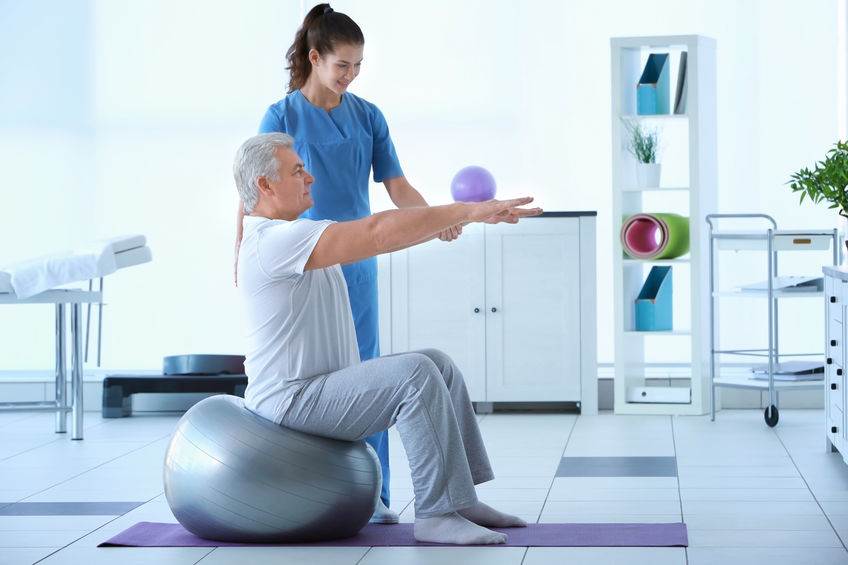Geriatric Physiotherapy
Enhancing Quality of Life: The Importance of Geriatric Physiotherapy
As the global population ages, the demand for specialized healthcare services, particularly in the field of geriatric care, continues to rise. Geriatric physiotherapy, also known as elderly or senior physiotherapy, plays a crucial role in promoting the health and well-being of older individuals. This specialized branch of physiotherapy focuses on addressing the unique physical challenges faced by seniors, aiming to enhance their mobility, independence, and overall quality of life.
- Understanding Geriatric Physiotherapy
Geriatric physiotherapy is a multidimensional approach to healthcare that caters specifically to the aging population. It addresses a range of issues commonly associated with aging, such as arthritis, osteoporosis, joint replacements, balance disorders, and neurological conditions like Parkinson’s disease. The primary goals of geriatric physiotherapy include improving strength, flexibility, and coordination while managing pain and preventing further functional decline.
- Assessment and Individualized Treatment Plans
One of the key principles of geriatric physiotherapy is the individualized approach to care. Each older adult has unique health concerns, medical histories, and physical capabilities, necessitating a thorough assessment before designing a tailored treatment plan. Physiotherapists specializing in geriatrics use a combination of medical history reviews, physical examinations, and functional assessments to identify specific areas of concern and set realistic rehabilitation goals.
- Common Interventions in Geriatric Physiotherapy
Strength Training: Older adults often experience muscle loss and decreased bone density, leading to weakness and an increased risk of falls. Geriatric physiotherapy includes strength training exercises that target major muscle groups, enhancing overall strength and stability.
Balance and Coordination Exercises: Falls are a significant concern for the elderly, and improving balance and coordination can help prevent these accidents. Physiotherapists use specific exercises to enhance proprioception and stability.
Range of Motion Exercises: Maintaining joint flexibility is crucial for preventing stiffness and improving overall mobility. Geriatric physiotherapists employ range of motion exercises to promote joint flexibility and reduce the risk of joint contractures.
Pain Management Techniques: Chronic pain is common among older adults, often associated with conditions like arthritis. Physiotherapists use various techniques, including manual therapy, heat therapy, and therapeutic exercises, to manage and alleviate pain.
Gait Training: Walking difficulties are prevalent in the elderly, impacting their independence. Gait training focuses on improving walking patterns, stride length, and overall mobility.
- Benefits of Geriatric Physiotherapy
Enhanced Independence: By addressing physical limitations and improving overall function, geriatric physiotherapy empowers older individuals to maintain or regain their independence in daily activities.
Fall Prevention: Through targeted exercises and balance training, physiotherapy plays a crucial role in preventing falls, reducing the risk of fractures and other injuries.
Improved Quality of Life: By addressing pain, enhancing mobility, and promoting overall well-being, geriatric physiotherapy contributes significantly to improving the overall quality of life for older adults.
- Conclusion :-
Geriatric physiotherapy is an indispensable component of comprehensive healthcare for the elderly, offering targeted interventions to address the unique challenges associated with aging. By focusing on individualized care plans and evidence-based practices, physiotherapists play a vital role in promoting the health, mobility, and independence of older adults, ultimately contributing to a higher quality of life in the later years. As the aging population continues to grow, the importance of geriatric physiotherapy in healthcare systems worldwide cannot be overstated.

